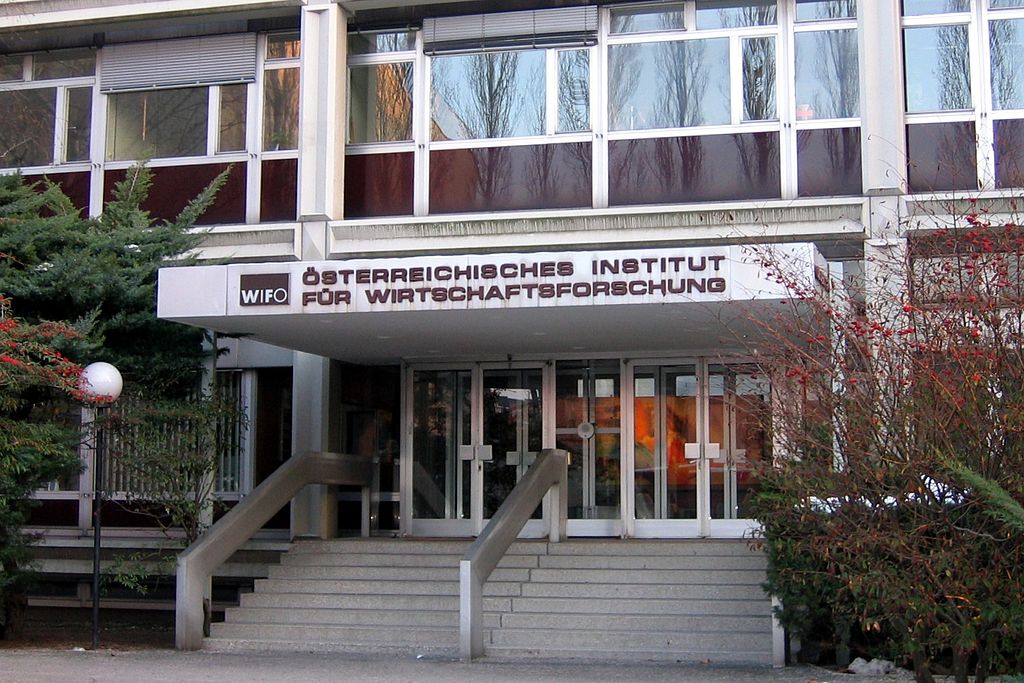Sponsored Content
Austria's Economy Threatens to Fall Into Stagflation
Lifestyle & Travel ♦
Published: October 10, 2022; 11:10 ♦ (Vindobona)

After the recovery of the national economy in the previous year as well as in the first half of 2022, the Economic Research Institute and the Institute for Advanced Studies see Austria in a downturn phase. Stagflation is looming next year.
 Austria's economy is heading for stagflation for the first time since the 1970s. / Picture: © Wikimedia Commons / Herbert Ortner, Vienna, Austria / CC BY-SA (http://creativecommons.org/licenses/by-sa/3.0/)
Austria's economy is heading for stagflation for the first time since the 1970s. / Picture: © Wikimedia Commons / Herbert Ortner, Vienna, Austria / CC BY-SA (http://creativecommons.org/licenses/by-sa/3.0/)
The Austrian economy, repeatedly throttled by many crises, finally experienced a strong expansion at the beginning of the year. However, this trend could not be sustained. After the strong expansion in H1 2022, the Austrian economy is now in a downturn phase. The economic slowdown affects all value-added sectors.
"Due to its higher natural gas intensity, rationing as a result of…
or Log In
Fast News Search





